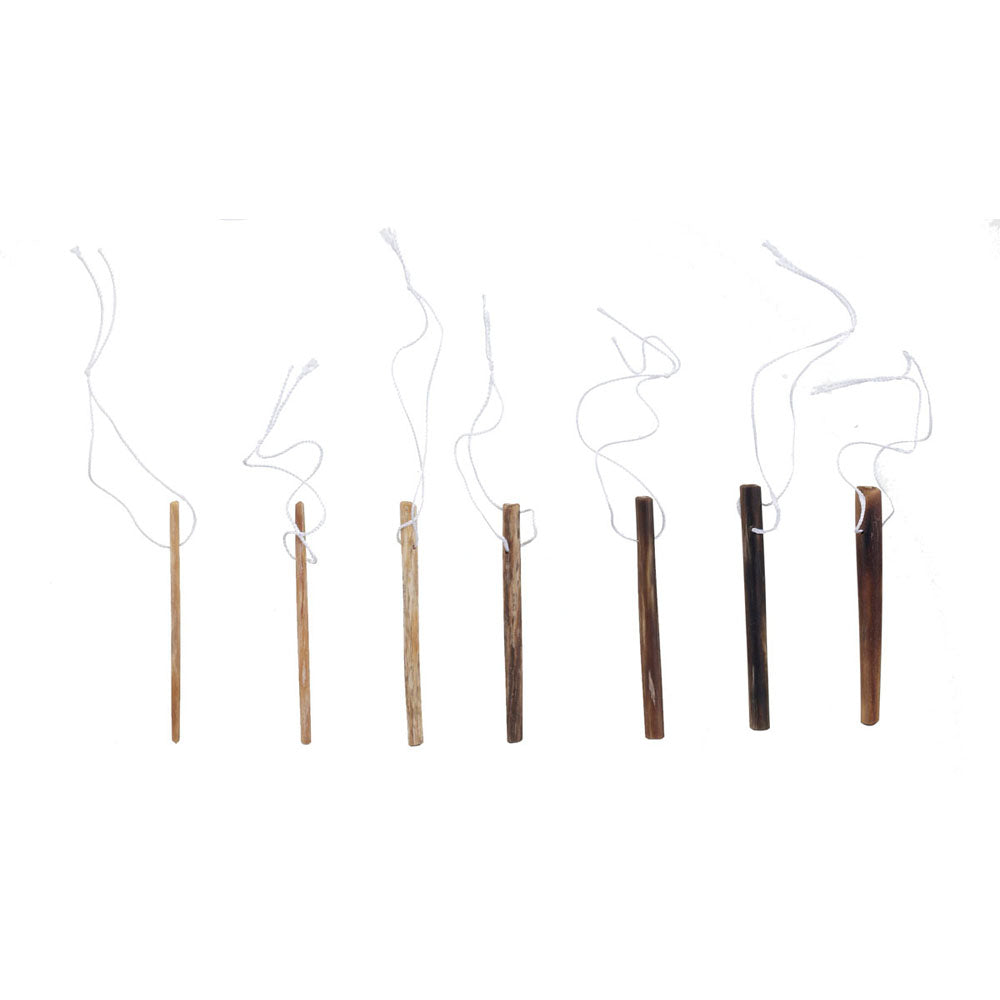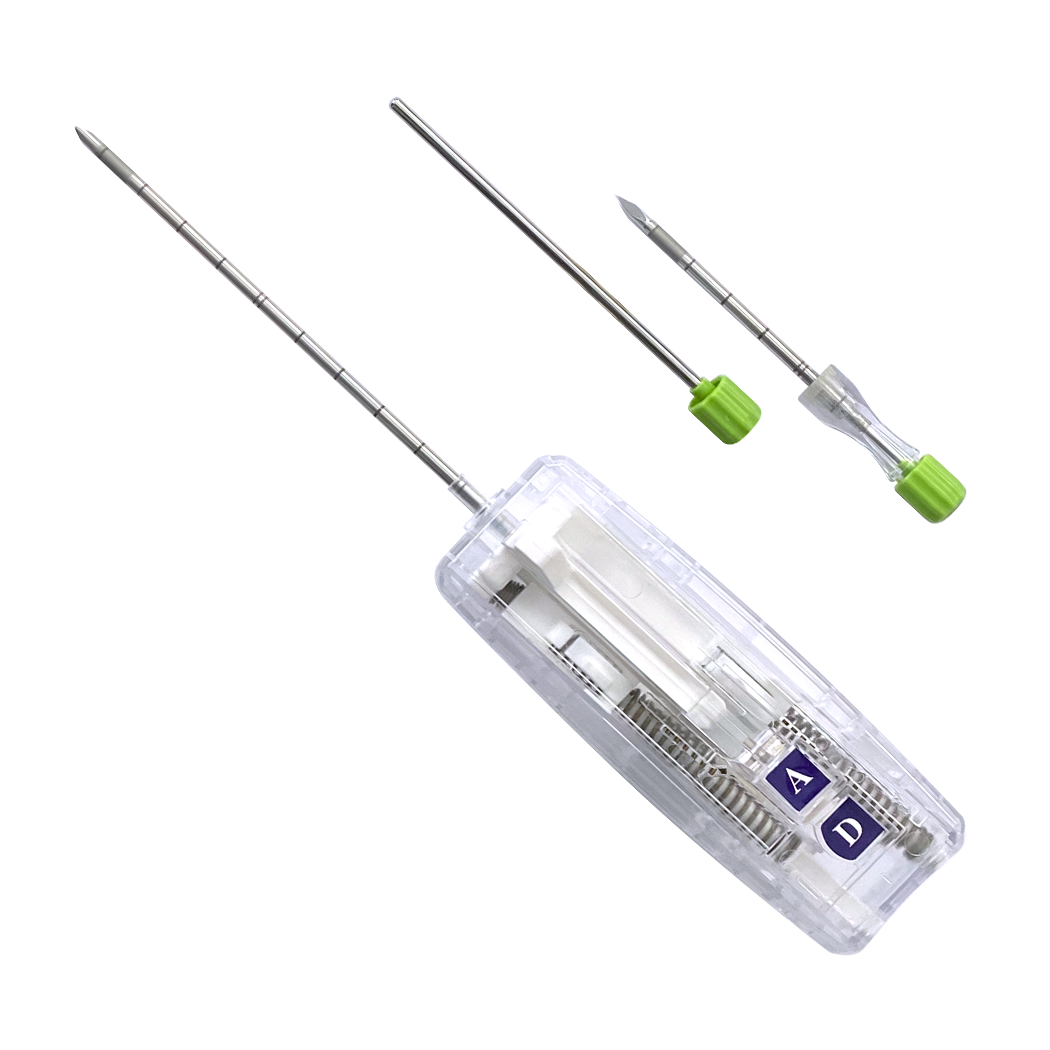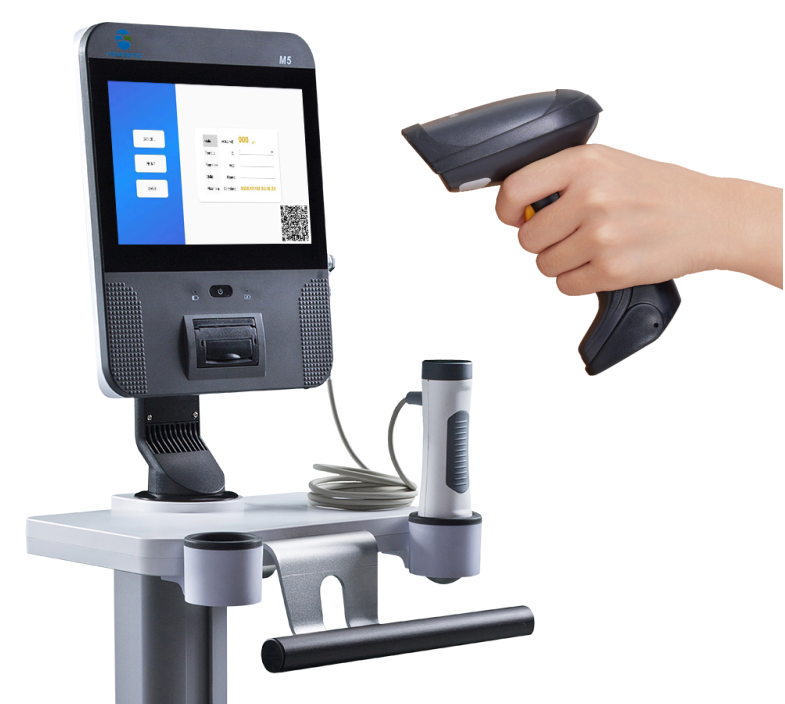A rectocele is a medical condition that occurs when the thin wall of tissue (septum) separating the rectum from the vagina weakens, allowing the front wall of the rectum to bulge into the back wall of the vagina. This protrusion can cause a variety of symptoms and discomfort, particularly during bowel movements or sexual intercourse.
Here's a deeper dive into rectocele, covering its causes, symptoms, diagnosis, and treatment options:
Causes:
Rectocele often develops due to weakening of the pelvic floor muscles and supporting tissues, which can occur as a result of:
- Childbirth: The stress and strain of childbirth, especially vaginal delivery, can stretch and weaken the pelvic floor muscles and tissues, predisposing women to rectocele.
- Aging: As women age, the muscles and tissues in the pelvic area naturally weaken, increasing the risk of developing rectocele.
- Chronic Constipation or Straining: Chronic constipation or repeated episodes of straining during bowel movements can exert pressure on the pelvic floor, contributing to the development of rectocele.
Symptoms:
The signs and symptoms of rectocele may vary in severity and can include:
- Feeling of Fullness or Pressure in the Pelvic Area: Women with rectocele may experience a sensation of fullness, heaviness, or pressure in the pelvic region, particularly after standing for long periods or during bowel movements.
- Difficulty Emptying the Bowels: A rectocele can interfere with the normal passage of stool, leading to difficulty emptying the bowels completely, which may result in chronic constipation or straining.
- Pelvic Discomfort or Pain: Some women may experience pelvic discomfort or pain, especially during bowel movements or sexual intercourse.
- Visible Bulge or Prolapse: In severe cases, a bulge or protrusion may be visible at the opening of the vagina, particularly when bearing down or straining.
Diagnosis:
Diagnosing rectocele typically involves a thorough medical history, physical examination, and sometimes additional tests, including:
- Pelvic Examination: A healthcare provider may perform a pelvic examination to assess for signs of rectocele, such as bulging of the rectal wall into the vagina.
- Defecography: Defecography is a specialized imaging test that involves X-rays or magnetic resonance imaging (MRI) to evaluate the structure and function of the rectum and surrounding pelvic organs during defecation.
Treatment:
Treatment for rectocele depends on the severity of symptoms and may include:
- Lifestyle Modifications: Making dietary changes to increase fiber intake, staying hydrated, and adopting healthy bowel habits can help alleviate symptoms of constipation and reduce strain on the pelvic floor muscles.
- Pelvic Floor Exercises (Kegel Exercises): Strengthening the pelvic floor muscles through exercises like Kegels can help improve muscle tone and support the rectum, reducing symptoms of rectocele.
- Pelvic Floor Physical Therapy: Working with a pelvic floor physical therapist can provide personalized exercises and techniques to strengthen the pelvic floor muscles and improve bowel function.
- Pessary: A pessary is a device inserted into the vagina to support the pelvic organs and alleviate symptoms of pelvic organ prolapse, including rectocele.
- Surgery: In cases where conservative measures fail to provide relief, surgical repair of the rectocele may be recommended. Surgical options may include transvaginal repair, laparoscopic repair, or robotic-assisted repair, depending on the individual's anatomy and preferences.
Introducing Femmeze by Minerva Health Solutions:
Femmeze is a specialized device designed to provide support and relief for individuals experiencing rectocele. Femmeze offers a non-surgical, discreet solution for managing the symptoms of rectocele. The device is inserted vaginally to provide support to the pelvic floor, reducing the bulge of the rectum into the vagina and alleviating associated discomfort.
Femmeze is crafted with comfort and effectiveness in mind, allowing individuals to go about their daily activities with confidence and ease. By providing gentle support to the pelvic organs, Femmeze helps restore pelvic floor function and improve quality of life for those affected by rectocele.
Rectocele is a common pelvic floor disorder that can cause significant discomfort and affect a woman's quality of life. With proper diagnosis and treatment, many women can find relief from symptoms and improve their pelvic floor function. It's essential for individuals experiencing symptoms of rectocele to consult with a healthcare provider for evaluation and personalized management options.
The content on this website serves as a general summary for public information only. This information is not medical advice, nor does it act as a replacement for professional medical advice, diagnosis, or treatment. For inquiries about a medical condition, it is essential to consult with a doctor or another qualified health professional.
Please visit the website for more information https://minervahealthinc.com/pages/pelvic-floor-therapy



